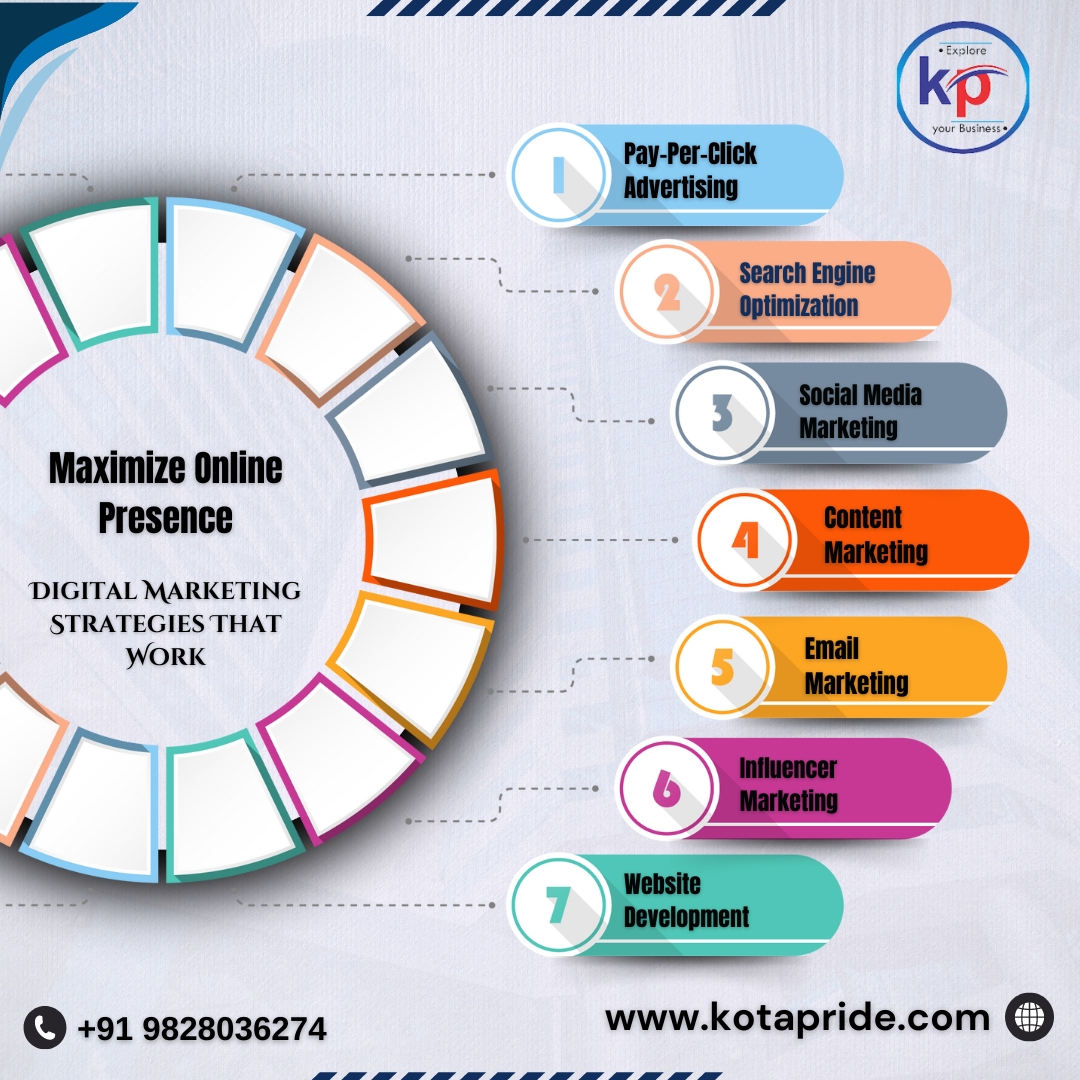B2B (Business-to-Business) marketing is a strategy that focuses on promoting and selling products or services from one business to another. It is distinct from B2C (Business-to-Consumer) marketing, which targets individual consumers. B2B marketing involves a unique set of tactics and strategies tailored to the needs, preferences, and decision-making processes of businesses and organizations. Here's an overview of B2B marketing and its key components:
Key Components of B2B Marketing:
Target Audience: In B2B marketing, the target audience consists of businesses, institutions, and organizations rather than individual consumers. These businesses may vary in size, industry, and specific needs.
Relationship Building: Building strong and long-lasting relationships with other businesses is crucial in B2B marketing. Trust and credibility play a significant role in decision-making.
Content Marketing: B2B marketers often rely on content marketing to educate and inform potential buyers. This can include whitepapers, case studies, webinars, and thought leadership articles.
Lead Generation: B2B marketers focus on generating leads through various means, including website forms, email campaigns, and networking events. These leads are often nurtured into potential customers through targeted follow-up.
Personalization: B2B buyers expect personalized communication and solutions. Understanding the specific needs and pain points of each business client is essential for success.
Multi-Channel Approach: B2B marketing may involve a combination of online and offline channels, including websites, social media, email marketing, trade shows, and direct sales.
Product Knowledge: B2B marketers need in-depth knowledge of their products or services to effectively communicate their value and benefits to potential clients.
Purchase Cycle: B2B sales cycles tend to be longer and more complex than in B2C. Marketers must understand the stages of the buying process and adapt their strategies accordingly.
ROI Focus: Businesses are often more focused on the return on investment (ROI) and cost-effectiveness of their purchases. B2B marketing should emphasize how a product or service can provide value and solve business challenges.
Analytics and Data: B2B marketers rely on data and analytics to measure the success of campaigns, identify opportunities for improvement, and make data-driven decisions.
Customer Service and Support: Excellent customer service and support are vital in B2B marketing to address inquiries, provide assistance, and ensure client satisfaction.
Trust and Reputation: Building a trustworthy brand and maintaining a positive reputation are critical in B2B marketing. Word-of-mouth referrals and testimonials from satisfied clients can be powerful assets.
Industry Expertise: B2B marketers often specialize in specific industries or niches, allowing them to tailor their messaging and solutions to the unique challenges of those sectors.
Regulations and Compliance: B2B marketers must be aware of industry-specific regulations and compliance requirements, especially in highly regulated sectors like healthcare and finance.
Competitive Analysis: Understanding the competitive landscape and positioning your products or services effectively is crucial in B2B marketing.
Overall, B2B marketing is a complex and strategic approach that requires a deep understanding of the target market, a focus on building relationships, and the ability to provide tailored solutions to business clients. Successful B2B marketers excel in delivering value, solving problems, and establishing trust with their business partners.
https://kotapride.in/
https://www.facebook.com/digitalmarketingexpertsinkota
https://www.instagram.com/kotapride
https://twitter.com/kotapride18

Comments